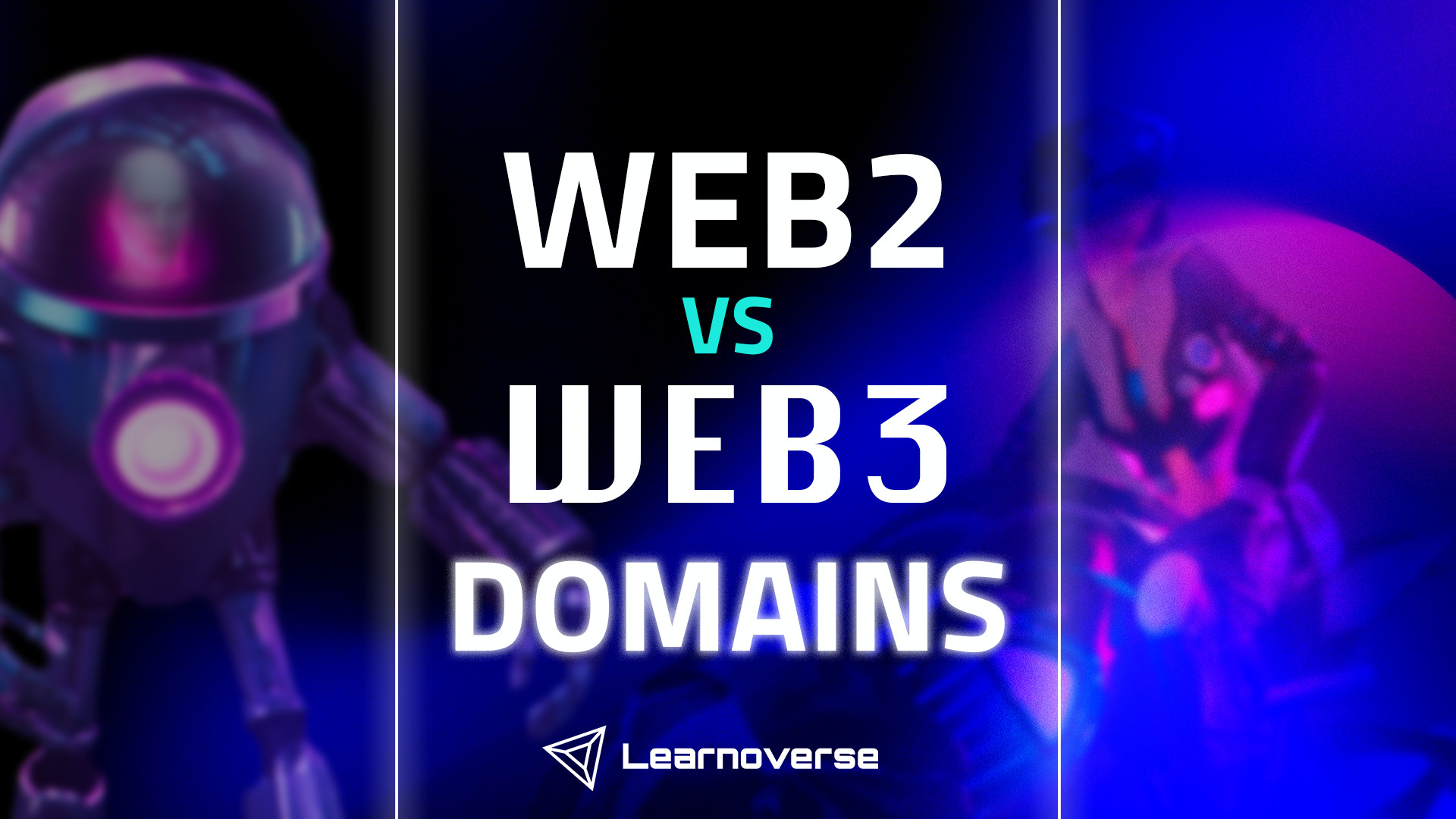Where It All Began
Before we dive into comparing the Google Cloud Platform vs. AWS, let’s get to know a bit more about their background. Both Google and Amazon were already globally-known Internet giants before cloud computing came – when and how did they start exploring the new niche?
The Roots of AWS
Amazon Web Services, or AWS, was first launched in 2002 – however, it was nothing like the AWS we know now. It only offered a few tools that had nothing to do with cloud computing yet – those came with the official re-launch in 2006. This time, clients could already use the core services we’re still using today: Elastic Cloud Compute (EC2), Simple Storage Service (S3), and Simple Queue Service (SQS).
In 2015, Amazon announced the AWS platform was profitable, and their numbers made market analysts everywhere raise their eyebrows: they admitted not having expected such a powerful growth. Even though AWS had over 1,000,000 clients (including more than 600 government agencies) worldwide at this point, most have expected them to still be experiencing losses or breaking even at best. Five years later, AWS holds a whopping 47% of the global cloud market, brings more than $35 billion revenue in annual sales, and its total number of products and services has surpassed 170.
Google Cloud’s Humble Beginnings
The first steps of building the Google Cloud Platform (GCP) were taken in 2008 when Google launched its App Engine (first, to a limited number of developers, and then a month later – to any wishing developer anywhere in the world) for the initial preview.
App Engine is comparable to AWS’s Elastic Beanstalk: it allows you to run and scale web applications on a serverless platform. While at first it only supported Python, the range of coding languages grew in time – now, you also can build your applications in Node.js, Java, Ruby, C#, Go, or PHP. With time, the total number of products and services provided by Google Cloud grew to over 90 in total.
Success in Terms of Clientbase and Revenue
AWS has been named the Global Leader in the Gartner’s Magic Quadrant for Cloud Infrastructure and Platform Services for ten consecutive years. Gartner draws the line between leaders and niche players by evaluating the provider’s completeness of vision and its ability to execute, and Amazon keeps scoring exceptionally high for both. Comparing Google Cloud vs. AWS, Garner did place the former significantly lower – however, it still scores an honorable third place and is identified as one of the leaders (with Microsoft Azure placing second).
In 2019, Google Cloud earned just a little under $9 billion in annual revenue, which made up 5.5% of Google’s total profits. While pretty impressive on its own, we must agree: if we compare Google Cloud vs. AWS, the difference is quite staggering. The same thing happens when we put the percentages of the occupied market share one by one: GCP currently occupies 7% – almost seven times less than AWS does. Google Trends shows the same tendency when we compare Google Cloud vs. AWS in terms of online searches: while the interest in Google Cloud remains pretty stable, AWS seems to be attracting more and more attention over the years.
Let’s Talk Availability
Naturally, when a company chooses a cloud service provider for their business needs, the first and foremost factor is availability and coverage. Without considering this, you could easily make the fatal mistake that results in making your websites and applications unreachable to a significant part of your clientele. If we compare Google Cloud vs. AWS in terms of availability, you’ll see the numbers are not that different. According to their own websites (Google Cloud; AWS), each of them currently has 24 regions launched. Both also have over 70 Availability zones, which represent the actual data centers used for providing IaaS services.
And yet, there’s a difference between AWS and Google Cloud when it comes to countries and territories served. While AWS is currently available in 245 of them, Google Cloud doesn’t actually define an exact number – its website only says 200+ (which we all know is often a smart way to say 201). AWS also has 45% more Edge locations than Google Cloud (over 210).
However, it’s important to note that the launch of the new regions might change the Google Cloud vs. AWS situation dramatically. GCP currently has more regions (9) announced as coming soon than AWS (6) in 2021 – moreover, a little less than a year ago, Google announced they’re now mainly focusing on cloud specialists when it comes to hiring. You could say it’s a pretty clear sign they’re taking IaaS pretty seriously, and have all the intention to catch up with the current market leader (or, according to some insiders, even surpass it)!
Customer Experience – Who Has the Upper Hand?
The more services there are, the better, right? If we only compare Google Cloud vs. AWS by numbers in this regard, the latter would be a triumphant winner. 175 is almost twice as much as 90, after all. But are those extra services really necessary, and can the users benefit equally from all of them? An incredible variety usually also means a steep learning curve (unless you only need to use the basic setup, of course). Some cloud specialists explicitly note Google Cloud feels a lot more intuitive, while a ton of AWS services, specific names, and confusing documentation makes the platform harder to get into without professional training.
Nevertheless, the ultimate client of a cloud computing platform is usually a business and not an individual engineer. What industries does each provider serve best, and are they happy with the service they receive? According to AWS itself, it currently provides innovative cloud solutions to sixteen industries, including but not limited to government, education, and financial services. The testimonials the company provides on its website are hugely positive – however, it’s to be expected from the testimonials a provider chooses to publish. Looking for negative comments online, we were mostly able to find ones that refer to personal preferences (e.g., some people still cannot shake the thought of their own private data center being more secure – which couldn’t be much farther from the truth in 2021). However, there were a few that related to poor customer service – and this is a bit of an issue. Some say the representatives are slow to respond, and some describe cases that seem pretty basic at first but were impossible to solve with the help of AWS.
If you compare Google Cloud vs. AWS in this regard, you’ll notice the number of industries it’s listing on the site as perfect clients for their solutions is a little lower. However, according to a global technology market analysis company Canalys, Google Cloud is a superior option for retail companies – and it's not just because smaller vendors tend to see Amazon itself as their biggest competitor. Google has decades of expertise in advertising and search, so it’s no wonder it has multi-year agreements with Best Buy, Costco, Target, and a lot of smaller companies.
While winning in one industry might not seem like that big of a deal, it’s important to note that retail is the one sector that has experienced massive migration from the traditional business model to e-commerce in 2020: with the pandemic forcing people to shop online more, a lot of vendors had to reshape their businesses to accommodate the need. Another advantage some reviewers describe is better pricing – however, it’s hard to evaluate fairly, as this solely depends on the individual needs of a client.
Certification Wars: Google Cloud vs. AWS
Both Google Cloud and Amazon provide certification programs that allow its users to prove their proficiency in using cloud computing platforms and building innovative solutions in their daily work – moreover, both of them happen to be among the best-paid IT certifications in North America. This is not that surprising, given that cloud computing has been all the hype these past few years – but which of these certifications is a better career choice?
At first glance, there seems to be very little difference between AWS and Google Cloud certification programs. Both have three main levels – Foundational/User Certification, Associate, and Professional. AWS does have an additional Specialty category that focuses on narrower and more specific cloud computing skills – however, Google seems to have something very similar included in its Professional category. AWS Professional certifications only come in two varieties (Solutions Architect and DevOps Engineer), whereas in Google, there are eight, and six of them are very similar to AWS Specialties, focusing on topics like security, machine learning, or networking.
Both of these certification programs are comprehensive, practical, and highly valued in the IT sector, so there is no clear winner in the Google Cloud vs. AWS battle this time – plus, you can (and are highly encouraged!) to get cross-certified and reap the additional benefits as you look for a new job or promotion.
Instead of a Conclusion
Comparing the Google Cloud Platform vs. AWS is not an easy task: which choice is the best for you mainly depends on your individual needs, capabilities, and industry sector. Just like we discussed above, retail executives praise Google Cloud – however, if you’re into smart devices like Echo or Alexa, AWS is clearly the superior choice.
Our advice is to explore and get to know both systems – the absolute majority of companies worldwide are using multiple cloud platforms at once, and knowing them all will always make you a superior candidate for a job, be it a cloud architect, engineer, or consultant role. Let’s stop battling Google Cloud vs. AWS, Azure, Alibaba, and other providers and dive into the magnificent world of cloud computing!











